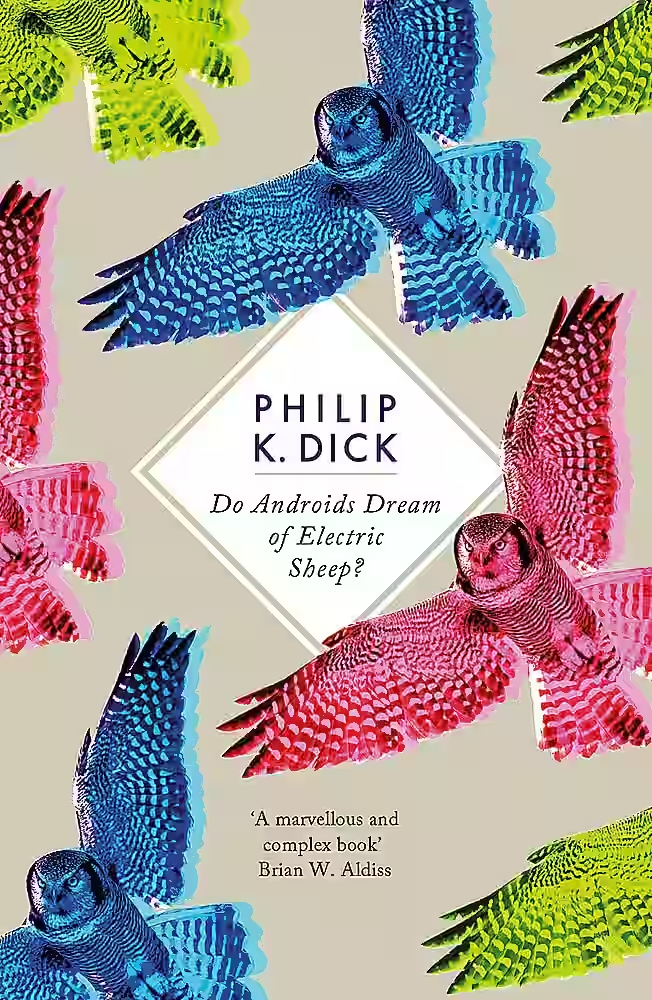Philip K. Dick
Philip K. Dick (1928–1982) was a prolific American writer celebrated for his contributions to the science fiction genre, where he explored themes of altered states of consciousness, identity, and the nature of reality. Born in Chicago and later residing in California, Dick's experiences with societal transformation and personal struggles informed much of his work. His most notable novels include 'Do Androids Dream of Electric Sheep?'—which inspired the classic film 'Blade Runner'—'A Scanner Darkly', and 'The Man in the High Castle', which won him the Hugo Award. Dick's imaginative narratives often depicted dystopian futures and questioned human existence, significantly influencing both literature and popular culture. His stories have been adapted into numerous films and TV shows, making his visionary storytelling a cornerstone of sci-fi cinema. Philip K. Dick's explorations of philosophical and psychological themes continue to resonate, cementing his legacy as a pioneer who bridged speculative fiction with deep existential inquiry.

Philip K. Dick's "Do Androids Dream of Electric Sheep?" is a seminal work of science fiction that delves into the complexities of identity, empathy, and the boundaries between human and machine. Set in a post-apocalyptic future where Earth is scarred by nuclear fallout, the novel follows Rick Deckard, a bounty hunter tasked with 'retiring' rogue androids. As Deckard navigates this desolate world, he grapples with his own understanding of humanity, morality, and the distinction between artificial and organic beings. The novel explores themes of existentialism and the quest for meaning in an increasingly dehumanized society. Its influence extends beyond literature, having inspired the iconic film adaptation "Blade Runner," and it remains a compelling exploration of consciousness and the human condition.